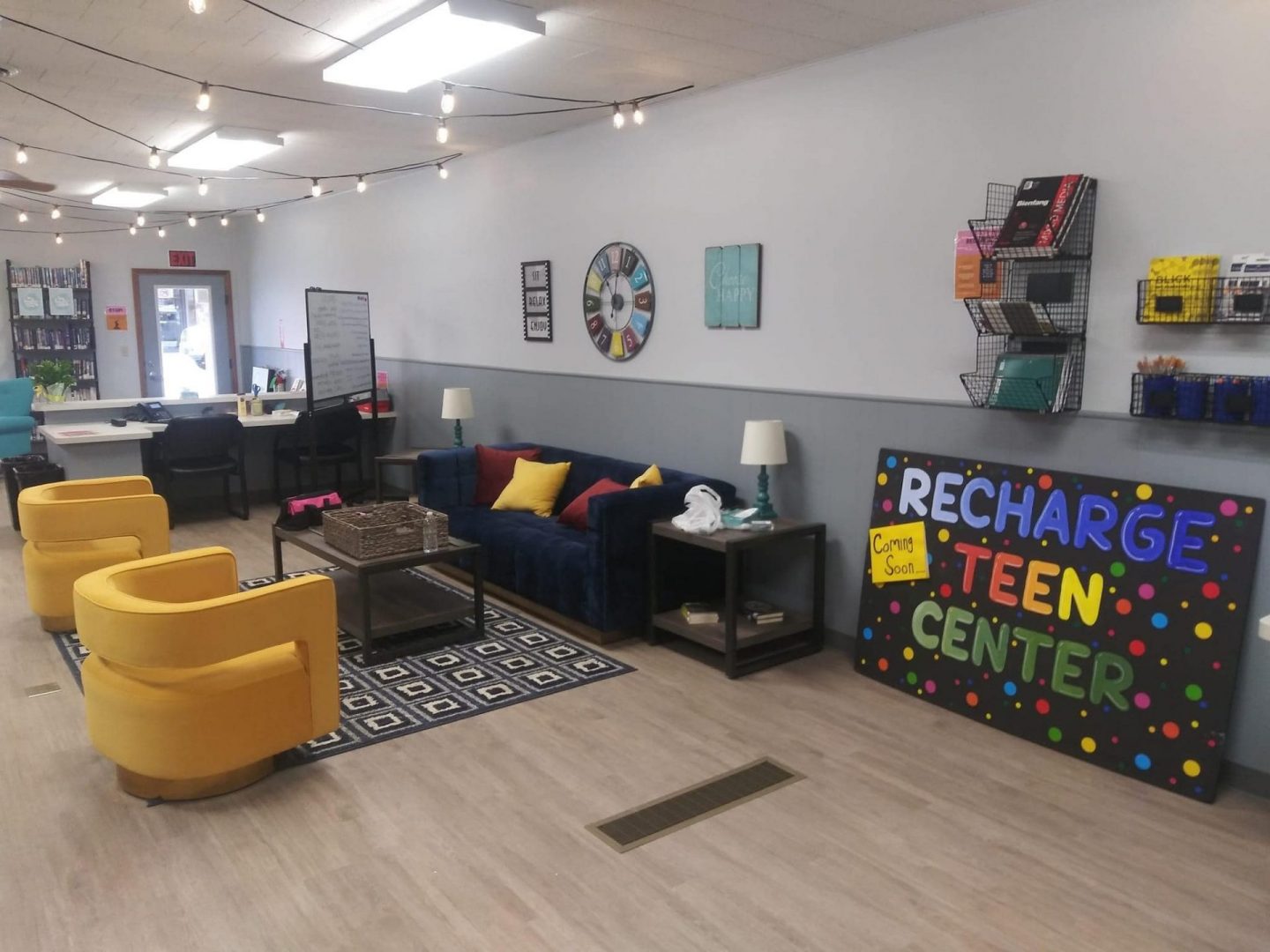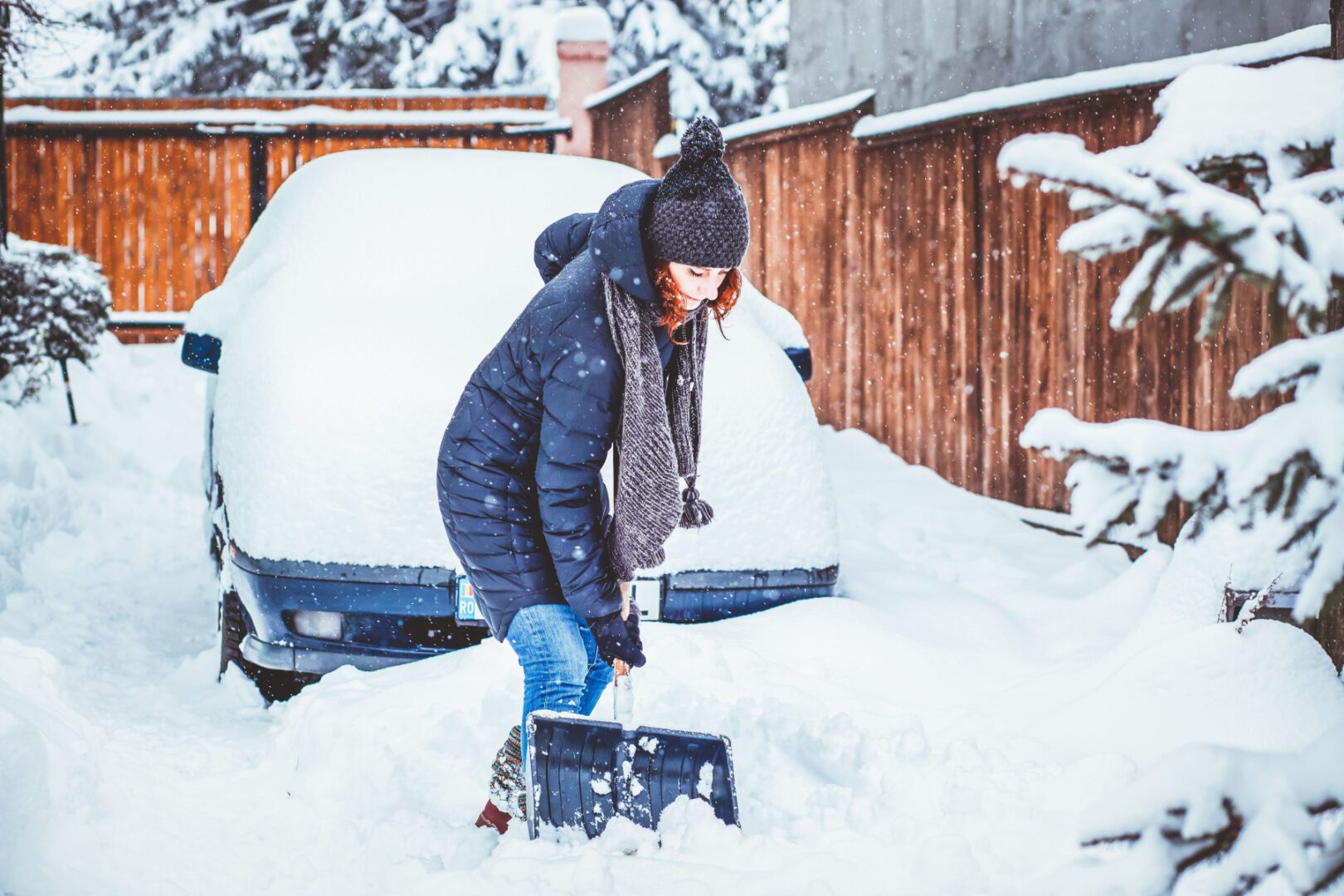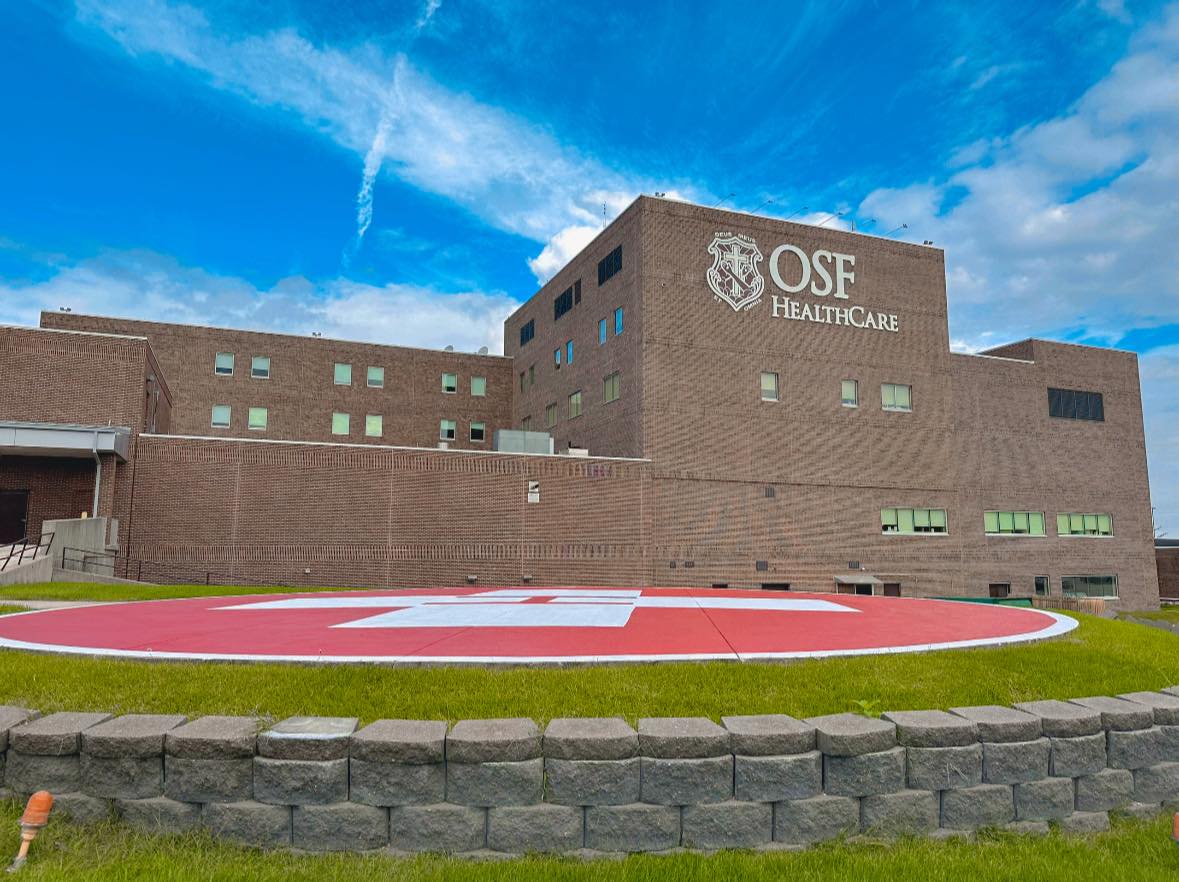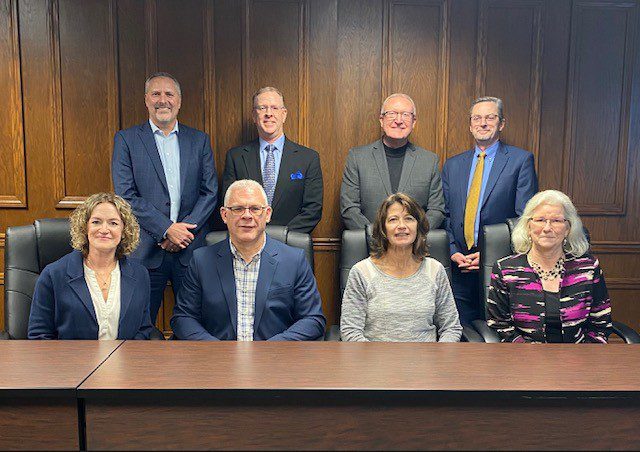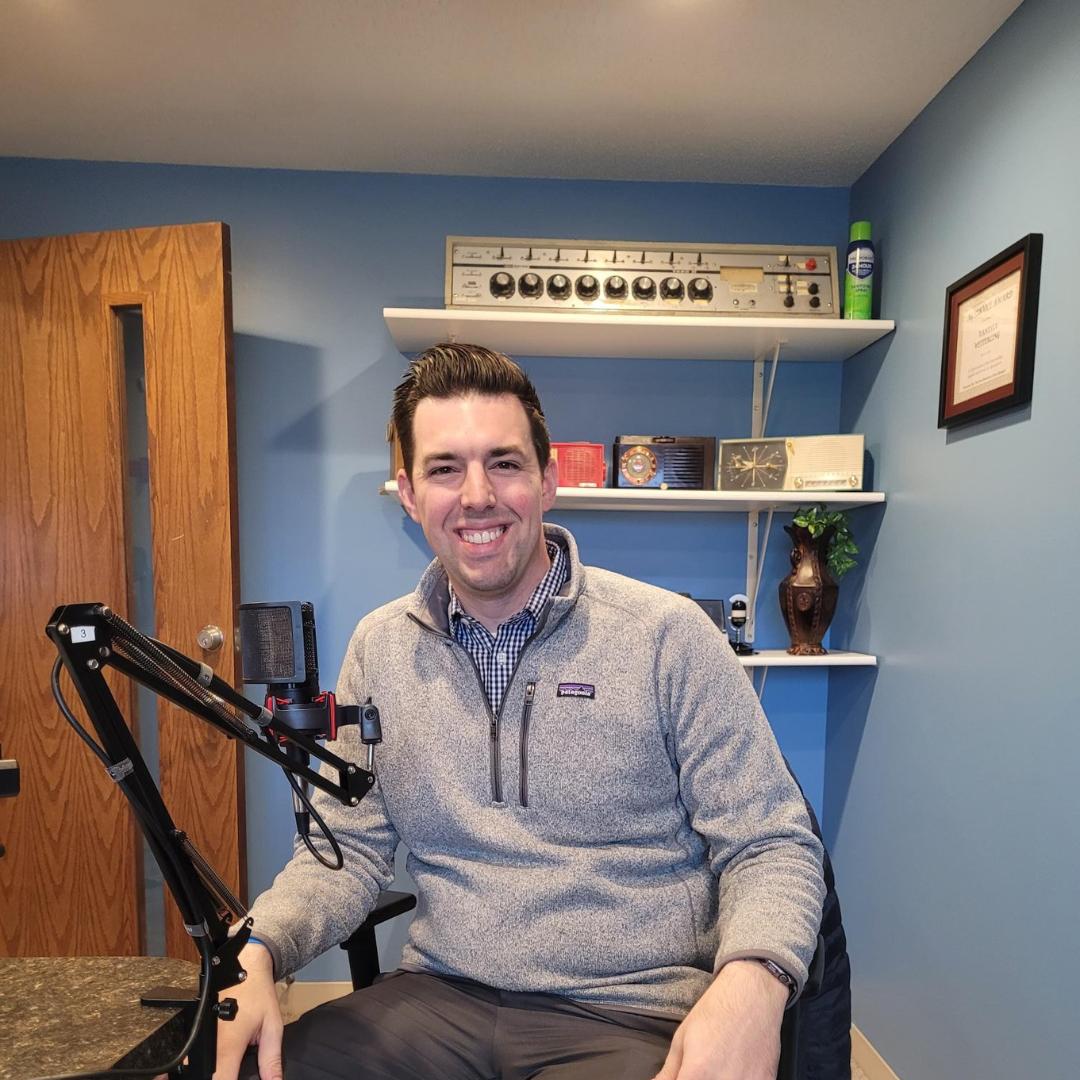‘More Information needed’ as application fails majority of state’s criteria for approval; community group Save Adams County issues community call to re-do public hearing
ADAMS COUNTY, IL––NOVEMBER 29, 2018––The Illinois Department of Agriculture has halted a new CAFO request in Adams County and has requested additional information in The Notice of Intent to Construct (NOITC) application by County Line Swine, a hotly contested hog CAFO proposal in Adams County Illinois.
The controversial project is widely opposed by the Save Adams County (SAC) farmers and their neighborhood coalition. Plans to build adjacent to an existing organic grain, vegetable, and composting operation and in the Big Neck area are being challenged on the local and state level. Since a public meeting for the facility was held on Sept 20th, additional documentation by SAC has been presented to the Illinois Department of Ag proving that many of the LMFA criteria are not met, despite the Adams County Board’s recent unbinding approval of meeting the criteria.
SAC says that the newly discovered information and the applicant’s submitted inaccuracies proves the County Line Swine proposal does not fully meet all provisions of the LMFA. The group points specifically to Section (510 ILCS 77/12.1) (A) of the LMFA. It states, “If the Department finds that, more likely than not, the provisions of the Act have not been met the Department shall send notice to the applicant that construction is prohibited.“
SAC has been working locally with the Socially Responsible Agriculture Project. “Illinois residents are repeatedly forced to uncover siting and application errors when these discrepancies exist,” stated Karen Hudson of the Socially Responsible Agricultural Project.” Citizens are policing CAFO applications even before they are permitted and once a facility is built, must police their communities for environmental violations. It is a burden that Illinois communities shouldn’t have to bear.”
According to the SAC coalition the engineering maps submitted by County Line Swine deliberately and inaccurately show this facility being built in a different township, just outside of an environmentally sensitive Karst area.
Several residents, including those directly adjacent to the proposed site have preexisting health conditions that likely will be exacerbated by toxic emissions from thousands of hogs and the urine and feces they will produce.
Raw hog manure will be applied in a field that is a direct conduit to a lake that provides water for organic vegetables and humus composting operations on the adjacent Sunset Lake Organic Farm. Bacteria and pathogens, such as E. coli, are a direct threat to the purity of the lake which is the sole water source used for organic vegetables, grain, an organic composting operation, and year-round specialty crops grown in a greenhouse.
Manure containing Nitrates would be injected into the fields surrounding the organic farms. The owners stress that this could threaten USDA Organic plans which “prohibit raw manure from being applied to any crop in a way that significantly contributes to water contamination by nitrates or bacteria”, both of which would be present in this manure and injected into the ground. The Environmental Protection Action also states through Section (415 ILCS 5/11) (B) of the Illinois Complied Statutes that it is the state agency’s duty “to restore, maintain and enhance the purity of the waters of this State in order to protect health, welfare, property, and the quality of life, and to assure that no contaminants are discharged into the waters of the State.”
SAC states that additional subsurface tiling is located in the surrounding field where manure would be applied, fields which drain directly into Sunset Lake Organic’s fields, their lake, into other farmers’ fields and onto neighbors’ backyards. Today, drainage and runoff presently leads into and pools onto these properties and residence yards where children live and play.
This project will diminish adjoining property owners from being able to fully enjoy fishing on their own property, jogging on their local roads and other rightful uses and enjoyments of their own property.
Recreational lands and waterways will be endangered, local infrastructure and roads will be damaged, quality of life will suffer and property values will likely spiral downward as is normally seen in historical data when a CAFO comes to town.
Crystal Clair is a female farmer and co-operator of Sunset Lake Organics. As a female farmer, she is considered a minority in the industry. Cancer and other autoimmune diseases have lead her medical team to announce that she cannot be outdoors if she can smell the emissions or hear the fans from operation which would be located directly adjacent her house, land, farm and place of work. The fact that antibiotic resistant pathogens have been found inside and downwind of big CAFOs puts her at risk to find any refuge whatsoever from the pathogenic emissions. The toxic emission exposures will prevent Crystal from being able to maintain existing duties which include several hours of outdoor work each day which are currently within her “full productive capacities”, part of the Illinois Human Rights Act.
In short, SAC maintains that County Line Swine should never be approved due to an incomplete, error-ridden application and for failures to meet at least 6 of the 8 criteria. SAC also maintains that two to three criteria cannot and will never be met, meaning “more likely than not”, County Line Swine’s proposal should be prohibited.
###
About Socially Responsible Agricultural Project (SRAP)
Socially Responsible Agricultural Project provides free, professional assistance to communities working to protect themselves from factory farms and their impact on local communities and populations, and to those who are trying to reclaim agriculture by producing and marketing sustainable agricultural goods. More information can be found at www.sraproject.org.
About Illinois Citizens for Clean Air & Water (ICCAW)
Illinois Citizens for Clean Air and Water, a state-wide coalition of family farmers and community groups advocating for sound policies and practices that protect the environment, human health, and rural quality of life from the impacts of large-scale, industrialized livestock production facilities in Illinois. For more information about ICCAW, please go to www.iccaw.org.
***Report Courtesy of the Illinois Citizens for Clean Air and Water***










